Singapore, 11 March: The 8th edition of the ICC Academy’s Supply Chain Finance Summit took place in Singapore from 27-28 February with nearly 300 participants from over 10 countries present. The annual Summit gathered professionals across the SCF ecosystem to discuss today’s latest trends and challenges and how to best chart a path towards future growth.
In case you missed out on this year’s event, here are our top three takeaways:
1. Can SCF be a win-win for both small- and medium-sized enterprises (SME) and corporate banks? Yes, when done right!
From the very start of the Summit, it was clear that Asia’s domestic supply chains are rather large in size. Estimates from industry bodies like the International Financial Corporation (IFC) and Asian Development Bank (ADB) suggested significant opportunities in emerging markets for domestic SCF business , for example, USD$6-$8 billion in Bangladesh, USD$19 billion in Pakistan and USD$20 billion in Indonesia.
Qamar Saleem, the Global Technical Lead for the International Finance Corporation at the World Bank Group said: “With the current market gap, there is huge opportunity. When done right, SCF can be a win-win for both SME and corporate banks.”
For SME banking, benefits include new segment opportunities, market distinction, faster scalability, sales effectiveness and strong relationships. For corporate banking benefits, we are seeing competitive differentiation, key corporate access; increased revenue share, better risk management, cash management mandates and increased retention.
2. Is the SCF ecosystem large enough to sustain both banks and fintechs? Yes, with customer-centric solutions, we can achieve win-win partnerships.
In our newly unveiled debate session entitled, “Fintech vs. Banks”, participants received insight into the existential threat that fintech supposedly represents to traditional banks. Speakers in the panel were of the view that third party entrants and non-bank players are here to stay.
Commenting on the rival of the two actors, Olivier Paul, Director of Finance for Development at the International Chamber of Commerce’s (ICC) Banking Commission said: “The financing gap is a reality today. Banks and fintechs are evolving and the SCF ecosystem is large enough for all parties to not only survive but collaborate with the financial services sector and thrive.”
“The key challenge for both players is to focus on solutions that can deliver effective results. We are seeing too much of the same, hence differentiation has become an issue” said Shirish Garg, Head – Supply Chain Finance Sales & Client Delivery Transaction Banking Office for Asia, MUFG Bank while summing-up the summit on Day II.
3. What is the most important business improvement – people or technology? It’s an upgraded workforce.
Speaking to a full room, Lionel Taylor, the Managing Director of Trade Advisory Network said: “The most important new development in any business is not technology — it is an upgraded version of your workforce.”
Speakers in the panel represented diverse sectors — from universities to banks. The message was relayed that in today’s ever-evolving landscape, keeping up to date with current trends and practices is no longer a choice, but a necessity.
From students needing to enhance employability to businesses striving to meet the changing requirements of stakeholders and gain competitive edge, everyone needs to keep themselves up to date, making the role of ICC Academy to fill the knowledge gap and build industry capacity ever more important.
For more information, please contact
Priyanka Satapathy
Communications and Events Manager
Priyanka.Satapathy@iccacademy.com.sg

